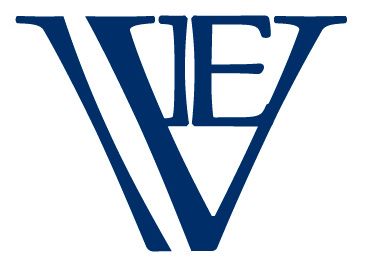The Integrated Conflict Management System.
Many organizations do not have structured and efficient internal conflict resolution processes and management solves the problems that come to their attention through unilateral decisions, thus using their power, without considering the interests of the protagonists nor the long-term consequences for the organization of a conflict whose causes have not really been addressed and overcome.
One tool to achieve the quality objectives of relationships within the organization is the Integrated Conflict Management System.
SIGC is a system of roles, functions and tools that creates a learning environment aimed at improving the individual and the organizational climate starting from crisis situations in relationships, at any level.
The SIGC must have a voluntary and informal nature and does not replace the normal complaint procedures provided for by the employment or collaboration contract.
Indeed, the objective of an IACS is not to identify the causes and responsibilities of conflicts for the purpose of applying the regulation and evaluating the employee, but to transform these situations into learning and self-improvement opportunities for the protagonists, with positive effects on their performance and on that of the organizational area to which they belong.
The premises for the adoption of an effective SIGC must therefore be part of a corporate culture that values the quality of internal relationships and the ability to manage interpersonal conflicts at all levels in a constructive and collaborative way, restoring communication and collaboration.
Principles
Integration
The IACS integrates with the provisions of the labor agreements of all levels on the management of labor conflicts and disputes. It offers more options to choose from both with respect to the type of process and with respect to its output in a flexible way so as to allow the protagonists to perceive the ownership of the process.
Voluntariness
Recourse to and adherence to the tools envisaged by the IACS must be favored and valued without any penalty for the request for assistance for a conflict, for participation in any capacity in one of the resolution phases or in the event of unsuccessful confrontation or refusal of a proposed settlement.
Confidentiality
All persons involved in various capacities in the conflict management process must formally undertake with a specific declaration to maintain a high level of confidentiality on the confidential statements and information that emerge during the various phases, including the start-up and preliminary information collection.
Assistance
The subjects who intervene in support of the process are adequately trained and are impartial and neutral with respect to the protagonists and the object of the dispute. The protagonists can be assisted by experts or people they trust, including union representatives, and have the right to call witnesses.
Characteristics
Influences the organizational culture in line with the values and mission of the organization, integrating a collaborative and constructive approach to conflict management.
It provides tools to address all types of conflict within the organization, both those based on rights and duties, and those based on interests.
It works both preventively and for conflict management.
It works both preventively and for conflict management.
It operates on several levels: autonomy, collaboration, assistance (the latter both facilitative and adjudicative).
It favors open and constructive communication, even of dissent, both among peers and in the hierarchical line.
It integrates the provisions of the working agreements of all levels in the field of conflict and dispute management since the agreements can only concern rights available to the protagonists.


